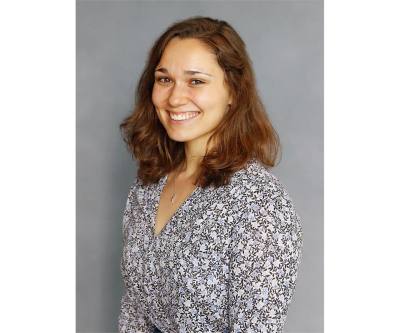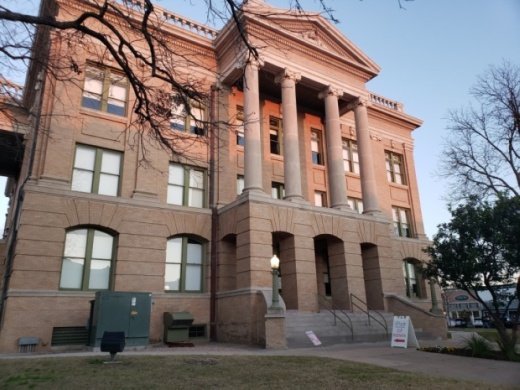“Things are different this year than what they were last year," Commissioner Russ Boles said July 28.
The coronavirus pandemic has negatively affected large sectors of industry workforces and economies, with Boles adding the long-term implications of the virus are not yet known. However, as someone with years of experience working in small businesses, Boles said that portion of the economy is "deathly sick."
Boles said there has been significant differences in county operations of its jail system, road crews and county-led services, and he noted those differences will translate into the upcoming budget. The county has a responsibility to provide services to its taxpayers while remaining prudent with their money, Boles said.
Commissioner Cynthia Long said during the past 3 1/2 months of the pandemic, county departments have operated "fundamentally differently" than under normal circumstances. Long said the court's budgetary process ought to stay open minded to the possibility of moving employees around to areas with higher and more pronounced needs compared to full-time employee requirements of other departments.
The court has consistently been conservative with its budget-making processes, Commissioner Valerie Covey added. While federal funding programs and the Wilco Forward small-business fund have provided immediate support to area small businesses, the full effect to county-based businesses is yet to be seen.
“I appreciate the fact that we have a lot of question marks in the future, and I think we need to be smart about that and we need to be prudent about that," Covey said.
Echoing Boles, County Judge Bill Gravell said there are segments of county industries, such as construction, that are financially sound, while small businesses have taken substantial hits to their revenue streams. However, Gravell said it is also the court's obligation and duty to lead the county not only through financial hardships, but also moral and personal struggles.
There are factions of Williamson County residents who are lonely and depressed, Gravell said, largely exacerbated by the pandemic. The need for the county, he added, is to lead residents forward as both a community and a society.
With fall just around the corner, Gravell referred to the coming fiscal year and changing season as an "opportunity of hope" and encouraged commissioners to think of ways to provide socially distanced, community-led events that protect residents' health while also adding purpose.
Gravell pointed to Round Rock's November opening of Kalahari as a "providential" example of a communal light at the end of the tunnel for residents. Awaiting further updates from Texas' University Interscholastic League on the status of area sports, Gravell said he looks forward to the return of Friday night lights to help unify Williamson County during a time when community is needed most.
Strong fiscal budgeting is a vital responsibility of the court, Gravell said. However, he noted leadership is not only executed through tax rate adoptions and budgeting capabilities.
“We have to have positive things for the community to grab hold of to move forward," Gravell said.





